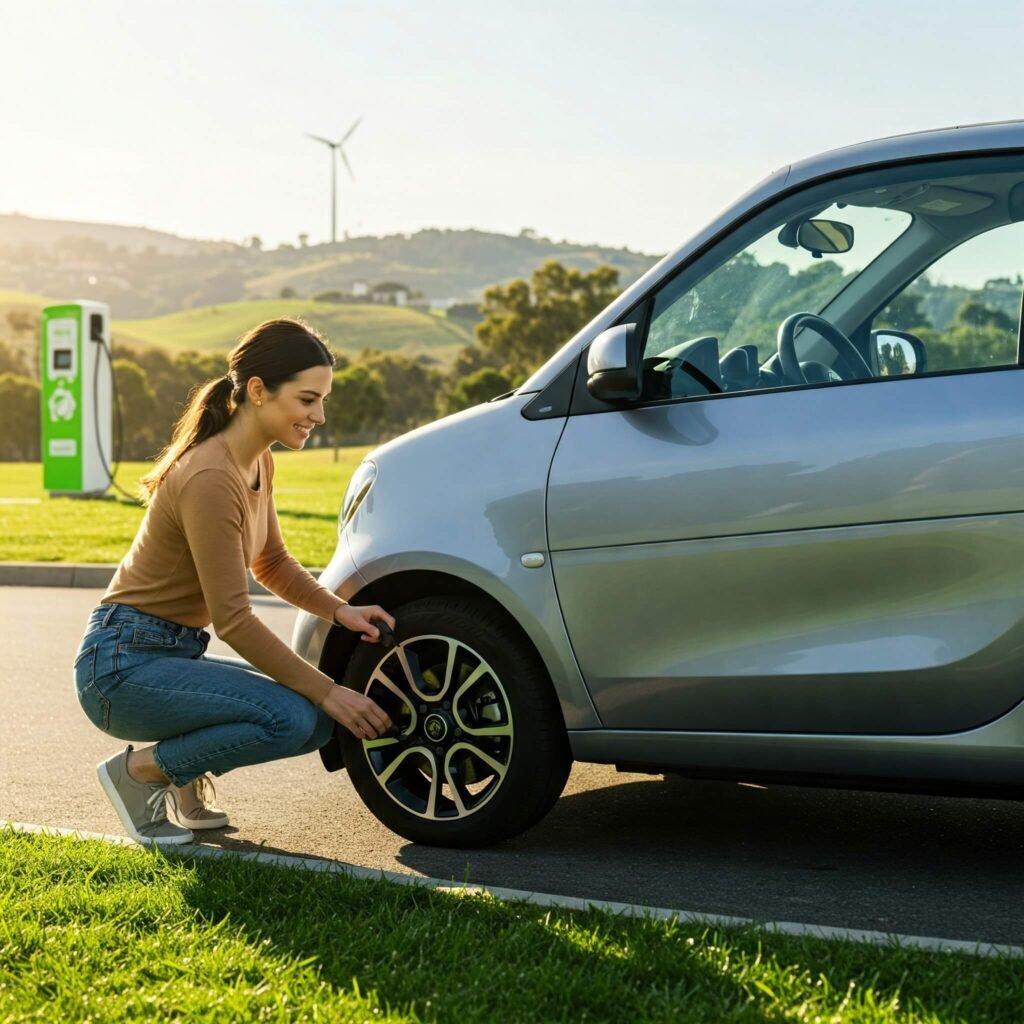You’ve probably noticed that your smart car’s MPG (miles per gallon) isn’t living up to the hype. Despite advancements in automotive technology, many smart cars fall short of their promised fuel efficiency. Why? The answer lies in a shadowy world of automotive lobbying. Lobbyists killing smart car MPG are quietly influencing regulations and policies to prioritize profits over performance. In this article, we’ll uncover how lobbying undermines your car’s fuel economy, explore real-world examples, and share actionable steps to maximize your MPG despite these challenges.

H2: What Is Automotive Lobbying, and Why Does It Matter?
Automotive lobbying involves powerful groups—often representing car manufacturers or oil companies—influencing lawmakers to shape policies in their favor. These lobbyists work behind closed doors to weaken fuel economy standards, delay eco-friendly innovations, and keep gas-guzzling vehicles on the road. The result? Your smart car’s MPG potential is stifled before it even hits the showroom.
H3: The Role of Lobbyists in Killing Smart Car MPG
Lobbyists killing smart car MPG target regulations like the Corporate Average Fuel Economy (CAFE) standards in the U.S. These standards dictate how fuel-efficient a manufacturer’s fleet must be. By pressuring regulators to loosen these rules, lobbyists ensure carmakers can prioritize cheaper, less efficient designs over cutting-edge, fuel-saving technology.
Example: In 2020, the Trump administration rolled back Obama-era CAFE standards, reducing the required MPG improvements for new cars. This decision, heavily influenced by auto industry lobbying, delayed advancements in smart car fuel efficiency by years.
Outbound Link: Learn more about CAFE standards at the EPA’s official site.
H2: How Lobbyists Sabotage Your Smart Car’s Fuel Efficiency
Lobbyists don’t just influence laws—they shape the entire automotive ecosystem. Here’s how they’re killing your smart car’s MPG potential:
H3: Weakening Fuel Economy Regulations
By lobbying for relaxed MPG targets, carmakers can produce vehicles with outdated engines instead of investing in hybrid or electric systems. This keeps costs low for manufacturers but leaves consumers paying more at the pump.
H3: Blocking Smart Car Innovations
Smart cars rely on technologies like regenerative braking, lightweight materials, and advanced aerodynamics to boost MPG. Lobbyists often push for delays in approving these innovations, citing “safety concerns” or “economic impacts.”
H3: Promoting Gas-Guzzling SUVs
The auto industry loves SUVs—they’re profitable. Lobbyists have successfully lobbied for loopholes that classify SUVs as “light trucks,” which face less stringent MPG requirements. This shift diverts resources from fuel-efficient smart cars.
Data Point: According to the International Energy Agency (IEA), SUVs were responsible for a 0.5 MPG drop in global average fuel economy between 2010 and 2022.
Outbound Link: Explore IEA’s report on global fuel economy trends.

H2: Real-World Impacts of Lobbyists Killing Smart Car MPG
The effects of automotive lobbying aren’t just theoretical—they hit your wallet and the environment hard. Here’s what’s at stake:
- Higher Fuel Costs: Lower MPG means you’re spending more on gas every month.
- Environmental Damage: Less efficient cars produce more CO2, worsening climate change.
- Stifled Innovation: Consumers miss out on cutting-edge smart car features that could save money and reduce emissions.
Case Study: In Europe, stricter fuel economy standards have pushed manufacturers to develop highly efficient smart cars, like the Volkswagen ID.3, which achieves up to 260 miles per charge. In contrast, U.S. lobbying has slowed similar progress, leaving American drivers with fewer options.
H2: How to Fight Back and Maximize Your Smart Car’s MPG
While lobbyists killing smart car MPG are a powerful force, you’re not powerless. Here are actionable steps to boost your car’s fuel efficiency:
- Optimize Your Driving Habits
- Drive smoothly, avoiding rapid acceleration or braking.
- Use cruise control on highways to maintain consistent speeds.
- Remove excess weight from your car to reduce fuel consumption.
- Maintain Your Smart Car
- Keep tires properly inflated to reduce rolling resistance.
- Use the recommended motor oil for better engine efficiency.
- Schedule regular tune-ups to ensure optimal performance.
- Stay Informed and Advocate
- Support organizations pushing for stronger fuel economy standards, like the Sierra Club.
- Contact your local representatives to demand stricter MPG regulations.
- Stay updated on automotive policies through trusted sources.
Outbound Link: Join the Sierra Club’s clean transportation campaign.

H2: The Future of Smart Car Fuel Efficiency
The fight against lobbyists killing smart car MPG is far from over, but there’s hope. Consumers, activists, and forward-thinking manufacturers are pushing for change. Electric vehicles (EVs) and hybrids are gaining traction, and stricter global standards are forcing carmakers to innovate. By staying informed and making smart choices, you can help drive the shift toward a more fuel-efficient future.
Takeaway: Your smart car’s MPG potential is under attack, but knowledge is power. Understand the role of lobbying, optimize your driving, and advocate for change to reclaim the fuel efficiency





























